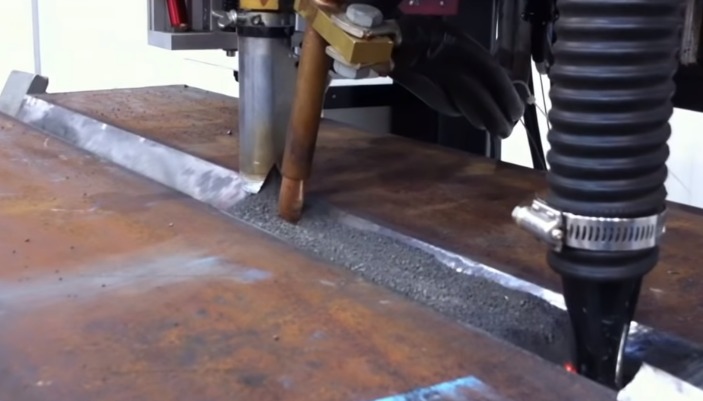The world of welding offers dynamic opportunities for those seeking a skilled trade with strong career prospects. Whether you’re aiming to join the workforce or enhance your existing skills, selecting the right institution is crucial. This article delves into some of the top institutions across the U.S. that offer exceptional training and education in welding and related technologies.
Diverse Welding Education Options
Here are some notable schools that specialize in welding education:
- Universal Technical Institute
- Lincoln Tech
- Western Welding Academy
- Tulsa Welding School
- Texas State Technical College
- Missouri Welding Institute
- Advanced Welding Institute
- American Welding Academy
- Elite Welding Academy
- Hobart Institute of Welding Technology
- Knight School of Welding
- Arkansas Elite Welding Academy
- Arc Labs Welding School
- Kentucky Welding Institute
- Sun City Welding Academy
- Precision Welding Academy
Highlights of Selected Institutions
These institutions are renowned for their comprehensive programs, cutting-edge facilities, and experienced instructors. They aim to produce skilled welders equipped to meet industry demands. Here’s a closer look at some:
- Tulsa Welding School is recognized for its hands-on approach that prepares students for real-world scenarios.
- Hobart Institute of Welding Technology offers a rich history and a curriculum that covers the vast landscape of welding techniques.
- Precision Welding Academy provides specialized training, focusing on precision and craftsmanship in welding practices.
If you’re looking to start your journey in one of these esteemed institutes, Universal Technical Institute offers a comprehensive look into various programs, providing a strong foundation for your future career in welding.
FAQs About Welding Education
Here are some frequently asked questions by prospective students:
What are the prerequisites for enrolling in a welding course?
Most welding schools require a high school diploma or GED. Some may offer introductory courses to bring students up to speed.
How long do welding programs typically last?
Depending on the program and institution, courses can range from a few weeks to two years.
Are there online welding courses available?
While the hands-on nature of welding limits online offerings, some schools provide hybrid courses with theory online and practical training in-person.
What career opportunities are available after graduation?
Graduates can pursue careers in construction, automotive, aerospace, manufacturing, and more, with opportunities for advancement as skills and experience grow.
For those eager to dive into the world of welding, these institutions offer robust, industry-focused training that can pave the way to a successful and rewarding career.

